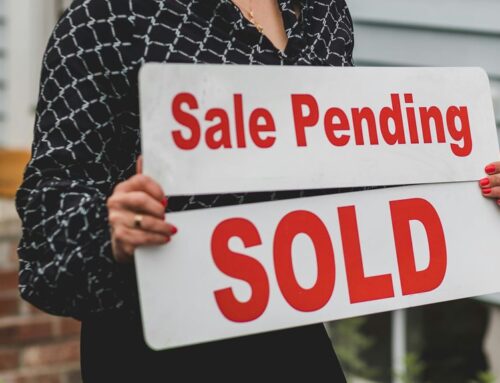Valuing a home in probate is a crucial step in the estate administration process. The value of the property not only affects how it is sold but also impacts the distribution of assets among beneficiaries and the calculation of taxes owed. In this blog, we’ll explore the methods to accurately assess the value of a home in probate, the factors that can influence the valuation, and tips for navigating the process. If you are selling a inherited property ” Selling inherited property a guide to probate sales”
Understanding the Importance of Property Valuation in Probate
When a property owner passes away, their estate must go through probate, a legal process that validates the will and administers the estate. Accurately valuing the home is vital for several reasons:
- Tax Purposes: The value of the property can determine estate taxes that may need to be paid.
- Equitable Distribution: Ensuring all beneficiaries receive their fair share often relies on the accurate valuation of the property.
- Sale Price: If the property is to be sold, setting the right asking price is essential for a timely sale.
Methods for Valuing a Home in Probate
1. Professional Appraisal
One of the most reliable methods to value a home is through a professional appraisal. An appraiser assesses the property based on various factors, including:
- Location: The desirability of the neighborhood and local market trends.
- Property Condition: The state of the home, including any repairs needed.
- Comparables: Sales of similar homes in the area (also known as “comps”) help determine the market value.
While this option can incur costs, the accuracy and professionalism offered by an appraiser can be invaluable.
2. Comparative Market Analysis (CMA)
A real estate agent can conduct a Comparative Market Analysis to estimate the property’s value. This analysis looks at recent sales of similar properties within the same area and evaluates:
- Sale prices of homes that have sold recently
- The condition and features of those homes compared to the inherited property
- Current market conditions
A CMA is often quicker and less expensive than a formal appraisal but may not carry the same weight in legal proceedings.
3. Online Valuation Tools
There are various online tools available that can provide an instant estimate of a home’s value based on publicly available data, recent sales, and property features. While these tools can give a rough estimate, they should not be solely relied upon for probate purposes due to their lack of comprehensive data.
4. Tax Assessor’s Value
Another option is to refer to the property tax assessor’s value. While this figure can provide a baseline, it may not reflect current market conditions or the home’s true value, especially if significant changes have occurred since the last assessment.
5. Consulting with Estate Executors and Family Members
Involving family members or the executor of the estate can provide insights into the property’s history, necessary repairs, and unique features that could impact its value. Their knowledge can complement other valuation methods.
Factors Influencing Property Value
When valuing a home in probate, several factors can affect the final estimate:
- Location: Properties in desirable neighborhoods tend to hold higher values.
- Market Conditions: Current trends in the real estate market, such as demand and interest rates, can significantly impact value.
- Property Condition: The state of the home, including updates, repairs, and overall maintenance, will influence the appraisal.
- Unique Features: Special features such as a swimming pool, large lot, or modern kitchen can add to the home’s value.
Conclusion
Valuing a home in probate is a vital step in the estate administration process that requires careful consideration and a thorough approach. By utilizing professional appraisals, market analyses, and insights from family members, you can establish an accurate value for the property. This will facilitate a fair distribution among beneficiaries, help in tax calculations, and ensure a successful sale if necessary.
FAQs
Q: Why is it important to have an accurate valuation of the home?
A: An accurate valuation is essential for determining estate taxes, ensuring equitable distribution among beneficiaries, and setting a proper sale price if the property is sold.
Q: Can I sell the property before determining its value?
A: While you can list the property for sale, it’s advisable to determine its value first to set a competitive asking price that reflects the home’s worth.
Q: How long does the appraisal process take?
A: The appraisal process typically takes a few days to a couple of weeks, depending on the appraiser’s schedule and the property’s complexity.
Q: What happens if the home value changes after probate?
A: If the home value increases or decreases significantly after probate, you may need to reassess estate distributions or taxes owed. Changes in value could impact the estate’s financial responsibilities.
Q: Are there any costs associated with valuing a home in probate?
A: Yes, hiring an appraiser or real estate agent may incur fees. Online tools may be free, but they might not provide the accuracy needed for probate.
Valuing a home in probate is a critical process that requires due diligence. By understanding the methods available and the factors that influence value, you can make informed decisions that respect the wishes of the deceased and support the beneficiaries’ needs.











